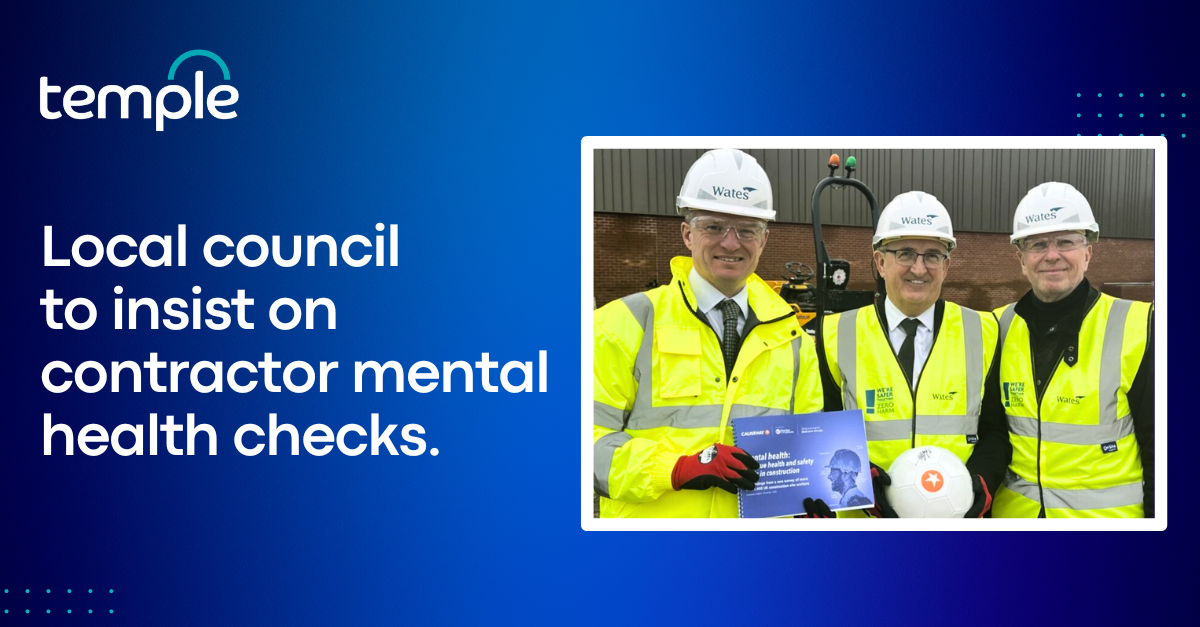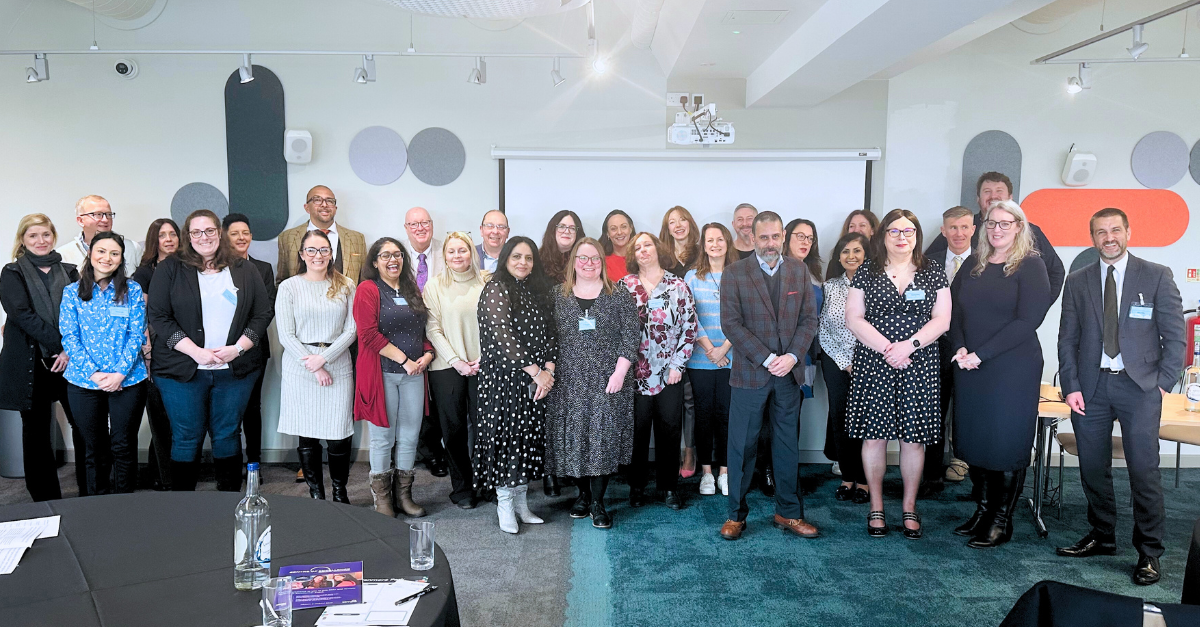Unlocking your organisation’s potential with business continuity policy
Temple Quality Management Systems is a consultancy company and Accredited training company. Speaking to Bob Hughes and Jaz Tanwar, both Directors at Temple Quality Management Systems, we begin to see how for the company, it’s not so much about winning in the current climate, it’s actually about helping their clients with the journey.
The Midlands-based company provides a wide range of services includes CQI and IRCA accredited training in quality management, ISO 45001 Occupational health and safety management and also Logistics & Transport Management, accredited by the Chartered Institute of Logistics & Transport (CILT) at both Certificate and Diploma levels.
Given the current situation, we began by outlining what companies across the group should be doing right now in terms of creating a business continuity policy. For Bob, it is all about identifying the key risk that your company may currently be facing, “Organisation’s sought to create what’s called a context of the organization. In it, you’ll look at all your internal and external factors, and through that, you’ll create a picture of the good things that are going on and the things that are a potential risk, something you can easily list on an Excel spreadsheet.”
But what is a business continuity policy? “With business continuity, it provides the opportunity to put Excel spreadsheets in and say, what are my solutions to deal with this issue?
Yet, one key element to come away from our discussion is the idea that ‘we’re all in this together.’ To this extent, Bob spoke about how it’s important to lead by example, and how what is reflected at the top, will often trickle down across the entire company.
“I think creating some roles and responsibility and some kind of leadership and commitments from the top is very important. I think the first thing to do is create some kind of policy. You’ve got a quality policy, you’ve got a health and safety policy, so why not have some kind of policy of how business continuity will engage the workforce?”
What was important from Bob was the importance of managers taking the lead in implementing this policy.
“You need to get the people to sign the policy from the top management. Not just one signature on it from a single director or a managing director, but the entire leadership team. That leadership team then has some accountability, not so much about roles, responsibility, and authority, but accountability to support the team.
This process could include at what point do you notify the customer if there’s some disruption looming, who contacts the customer? Does the business continuity have internal communication processes? Does business continuity connect to the context of the situation and things like that?”
But with the government reporting that we are ‘post-peak’, is there still a need to make a plan? Well, in the words of Bob, yes there is, as the threat of a ‘second wave’ means companies should be using the experience they learn here and now to prepare for the future.
“I firmly believe it’s potentially here to stay. It’s an endemic situation that could come back, which means it’s likely to return. Yes, it could clear up, but it could come back any time. So, I think organizations have had this severe jolt, and it’s something they won’t forget in a long, long time.”
For Bob, a business continuity policy is akin to an exercise program you would implement doing dry runs on simulated disasters. “It’s become more and more paramount to do a company exercise. For example, if you’re buying stuff from abroad where there’s a high risk of an earthquake risk, terrorism or even manufacturing disputes, then clearly business continuity and not that old fashion concept of going to Plan B is more and more paramount than ever.”
What’s the final piece of advice from the team at Temple Quality Management Systems? “My takeaway point is that you should create policies, commitments and enthusiasm to make a difference to your organization.
Because of the current situation, everyone finds themselves in, you’ve got to make sure you are using all of these so that when you do start again, you’re at the top of your game and you’ve got everything covered. I think of business continuity like quality, safety, environmental or information security. To deliver consistently, you need these processes to have openness.”





